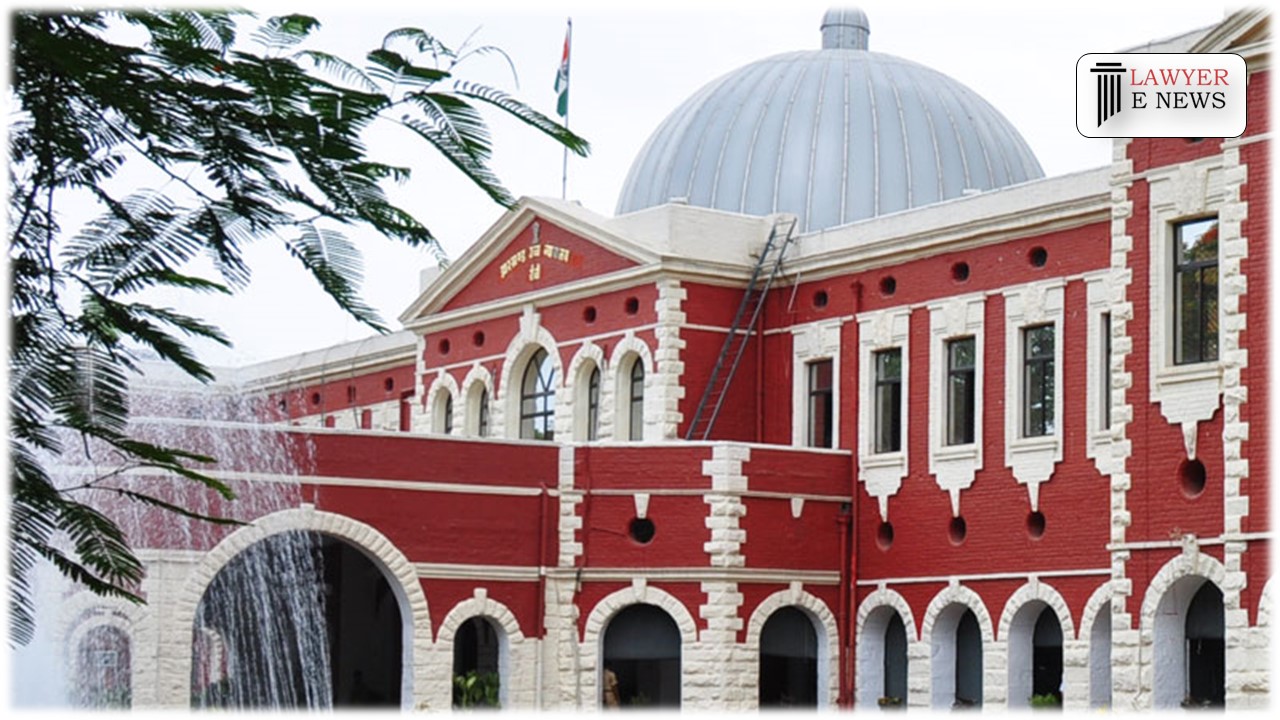-
by Admin
15 February 2026 5:35 AM



The High Court of Jharkhand, in a significant ruling, has annulled a government resolution that had canceled pension and gratuity benefits for employees of recognized non-government Madarsas and aided Sanskrit schools. The judgment delivered by Justice Dr. S.N. Pathak emphasized the mandatory compliance with constitutional requirements for executive actions and underscored the protection of legitimate expectations and accrued rights of the employees.
The petitioners, employees of 186 recognized non-government Madarsas and 12 aided Sanskrit schools, challenged the Resolution No. 1773 dated 21.06.2018 issued by the School Education and Literacy Department, Government of Jharkhand. This resolution annulled the earlier Resolution No. 2020 dated 24.10.2014, which had granted them pension and gratuity benefits. The petitioners argued that the 2018 resolution violated their accrued rights and was not issued in compliance with Article 166 of the Constitution, as it was not expressed in the name of the Governor.
Compliance with Article 166: The court scrutinized the compliance with Article 166 of the Constitution, which mandates that all executive actions of a state must be expressed in the name of the Governor. The court noted, “The impugned resolution, issued merely under the signature of an Additional Secretary, fails to meet this constitutional requirement.” This deviation from established procedures, as followed in previous and subsequent resolutions, was a significant factor in the court’s decision to annul the resolution.
Witness Testimonies: Addressing the issue of creating a sub-class within a class, the court found the annulment of pension benefits for employees who retired between the impugned resolution (21.06.2018) and a subsequent resolution (14.10.2022) arbitrary. “Creating a sub-class within employees appointed before 30.11.2004 without rational basis violates the principles of equality enshrined in the Constitution,” the judgment stated.
The court elaborated on the principles of legitimate expectation and the protection of accrued rights. Referencing several Supreme Court rulings, the judgment reiterated that benefits conferred by valid resolutions cannot be withdrawn unilaterally. “Rights accrued under a validly issued resolution cannot be negated without due process,” the bench noted, affirming the petitioners’ entitlement to pension and gratuity benefits.
Justice Dr. S.N. Pathak remarked, “The deviation from the constitutional requirement in issuing the impugned resolution renders it per se arbitrary and illegal. The State cannot whimsically withdraw accrued benefits without adherence to procedural mandates.”
The High Court’s decision to quash the resolution dated 21.06.2018 underscores the judiciary’s role in ensuring constitutional compliance and protecting accrued rights. By mandating the State of Jharkhand to calculate and disburse pension and gratuity benefits to the petitioners within three months, the judgment sends a strong message about the importance of legitimate expectations and procedural propriety in executive actions.
Date of Decision: 17th May 2024
Satya Narayan Tiwary & Ors. Vs. The State of Jharkhand & Ors.
